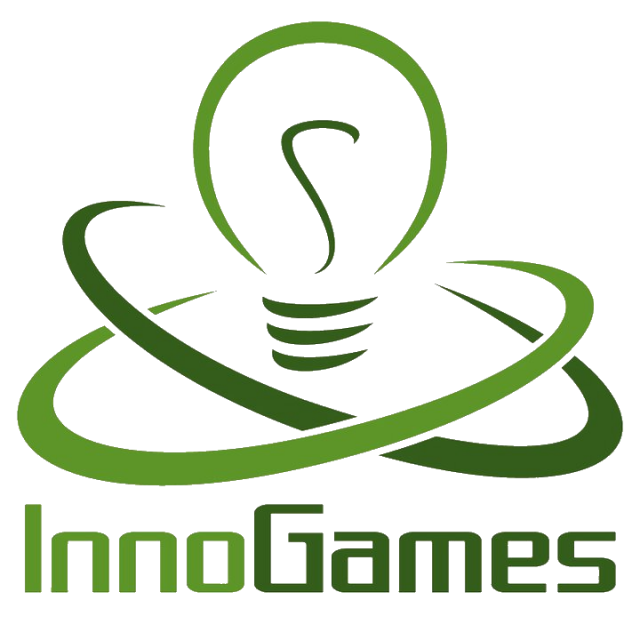In Rise of Cultures, we’ve recently wrapped up our Polynesia Event, a brand-new experience that took players to a group of previously unvisited cultures and challenged them with a tropical-themed minigame to upgrade islands and unlock rewards.
With this being the first completely new event mechanic in a while, we received a lot of valuable feedback from our community. While players praised our attempts to try new things (and the theme appears to have been well-received, too), we and the community alike also saw lots of room for improvement. Hearing directly from our players about what they liked and what we can improve on is very important to us, as it helps guide the direction we take when shaping our game.
As the event ended, it’s time to consider how to improve this board game-style mechanic.
Room for improvement
First of all, we’re now (possibly more than ever before) aware that events need meaningful choices. Initially, we thought the island upgrades would provide this, but we ran into some potential exploits during the Beta release. This led us to scale back on player agency – admittedly more than we’d have liked. We will explore ways to increase decision-making, particularly in relation to the milestone rewards. There needs to be a reason to upgrade one island ahead of another, and it needs to come with pros and cons.
The limited influence the choice of specific islands had on the gameplay also meant that the effort spent on choosing them was not necessary, thus making the game slower than needed – this, as well as the lack of real agency have been probably the most common points raised in the community.
Clarity was another issue that came up. Some players found it tricky to figure out what to do next, especially with the milestones. We made some UI tweaks after the Beta phase, but we know there’s still work to be done.
We’re also thinking about some new mechanics, like different tile functions, but we’re taking a measured approach. We’ll want to make sure we get the basics right before adding too much complexity.
As mentioned, this year’s Polynesia Event was the first one, so not just the mechanic, but also all the customizations and the Evolving Building were new. They won’t be new next year. To keep the event interesting for repeat players, we’re looking at expanding the range of rewards. Some broader selection might help make the event feel engaging despite having played it before.
How do we collect feedback?
Overall, when it comes to player feedback, we’re not just relying on Discord, though we see it as the “core” community of experts, and we know it’s typically the first place the team of RoC community managers would check for constructive thoughts. This is not to say that we ignore other sources: like our Facebook Group, support requests, social media comments, and so on. The variety of channels the player feedback can flow through makes it possible for us to build the full picture.
Finally, we don’t do it with every event, but there was a survey this time, and the responses are already providing us with an even broader overview of player experiences. While we do also analyze event data, like participation rates, we know that numbers don’t tell the whole story. It’s the feedback that gives us the context we need to understand why certain aspects of the event worked or did not work.
We’re interested in where this new event style can go. There are many things we can tweak and change, to make it more engaging and interesting in future iterations. The team is committed to making the most of these opportunities and looks forward to implementing improvements with the subsequent board game-type events!
Thank you to our product manager Alison and our game designer Michael for sharing their thoughts on working with player feedback and the future of events at RoC.
If you, dear reader, want to share your own thoughts and feedback about RoC consider joining our Discord server. And if you haven’t played RoC yet try it out for free here.

